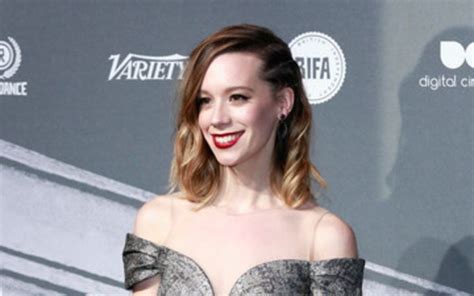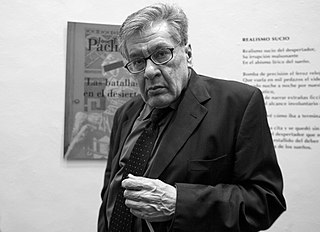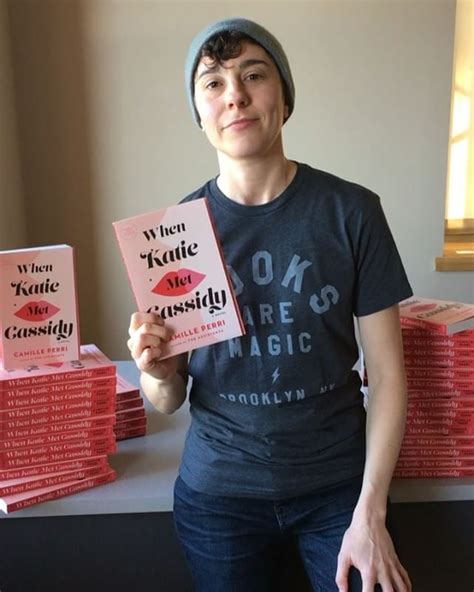A Quote by Susanna Kearsley
Romantic fiction, in the broader sense, can be any novel that has a love story somewhere in it. It can be a mystery or a historical novel, as long as it has this very strong romantic thread running through it.
Related Quotes
A romance novel is more than just a story in which two people fall in love. It's a very specific form of genre fiction. Not every story with a horse and a ranch in it is a Western; not every story with a murder in it is a mystery; and not every book that includes a love story can be classified as a romance novel.
Before I begin a novel I have a strong sense of at least one central character and how the story begins, and a more vague sense of where things may wind up, but at some point, if the novel is any good at all, the story and characters take on lives of their own and take over the book, and the writer has to be open to that.
To write a novel is to embark on a quest that is very romantic. People have visions, and the next step is to execute them. That's a very romantic project. Like Edvard Munch's strange dreamlike canvases where people are stylized, like 'The Scream.' Munch must have had that vision in a dream, he never saw it.
I'm not entirely sure what a historical novel absolutely has to be, but you don't want a reader who loves a very traditional historical novel to go in with the expectation that this is going to deliver the same kind of reading experience. I think what's contemporary about my book has something to do with how condensed things are.






































